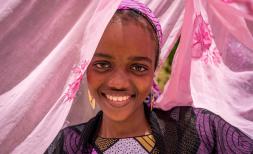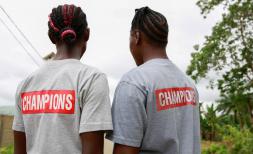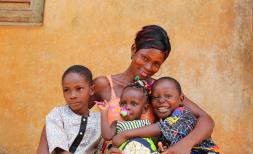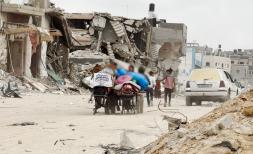The EU must move from words to action to keep its promises to children
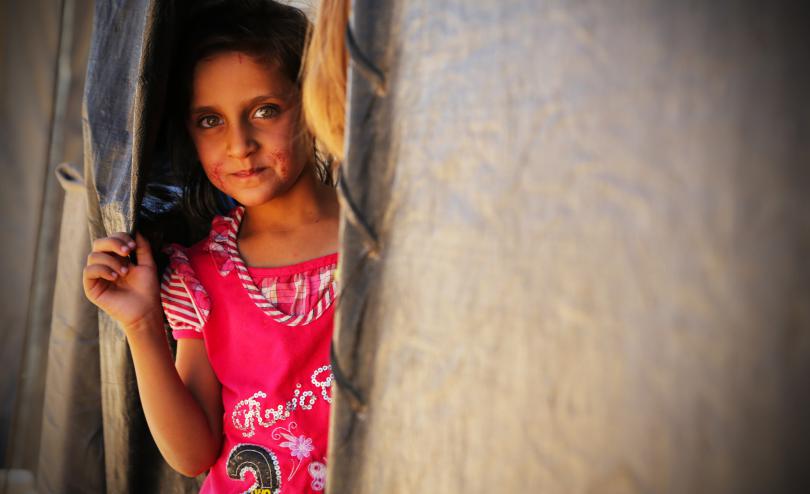
Investing in children today is key for the European Union to ensure impact of its policies, both within and outside Europe, over the long-term.
This is the message we shared together with other NGOs and UN agencies back in October. At that time a guidance on budgeting for the rights of children was being presented under the Convention on the Rights of the Child. We reminded the European Commission and the EU Member States that there are some good policies in place for children, and especially for girls, but too often words on paper fail to translate into real action - including budget allocations for children.
The EU needs to move from words to action when it comes to its promises to children, in Europe and abroad. Save the Children is calling on them to deliver on the three guarantees for children (fair finance, equal treatment and accountability to children), with a particular focus this and next year on fair finance, given the role of the EU in development aid and support within Europe. According to the UN General Comment no. 19, states are obligated to generate revenue and manage expenditures in a way that are sufficient to realise children’s rights. They also need to demonstrate that their budget allocation and spending has resulted in improvement in children’s lives.

Safeguarding the EU’s investment in children:
The upcoming discussions which have started in 2016 and will continue throughout 2017 around the mid-term review of the EU’s 7-year budget framework offer the right moment to assess how the EU has invested in children up to now and how it can improve its spending in the coming years. We need to ensure the EU is held accountable for how it is spending its budget, for instance, the 20% earmarked for health and education in the EU budget for development aid
EU policies can make a big difference for children, for their health, education and protection. All girls and boys have a right to survive, learn and be protected, and EU development aid and other policies impacting them should respond to that. To achieve this, we need to ensure first that we get the right policies in place, such as the new Consensus for Development, which defines the EU’s development cooperation objectives and principles. This offers avenues to guarantee equal rights for boys and girls through the EU’s policy of co-operation with developing countries
This also includes working on strategies in the European countries to ensure we tackle child poverty and social exclusion in European societies.
Here is a video of what I think should be done by the EU to combat exclusion and discrimination.
Investing in the futures of refugee and migrant children
Last but not least, we are also advocating to ensure that the rights of the most vulnerable children, such as refugee and migrant children, are protected. We are working on the European asylum legislation review to ensure future asylum procedures for children do respect the best interest principle, as well as advocating the EU to invest in their futures, and ensure that they learn, survive and are protected.

